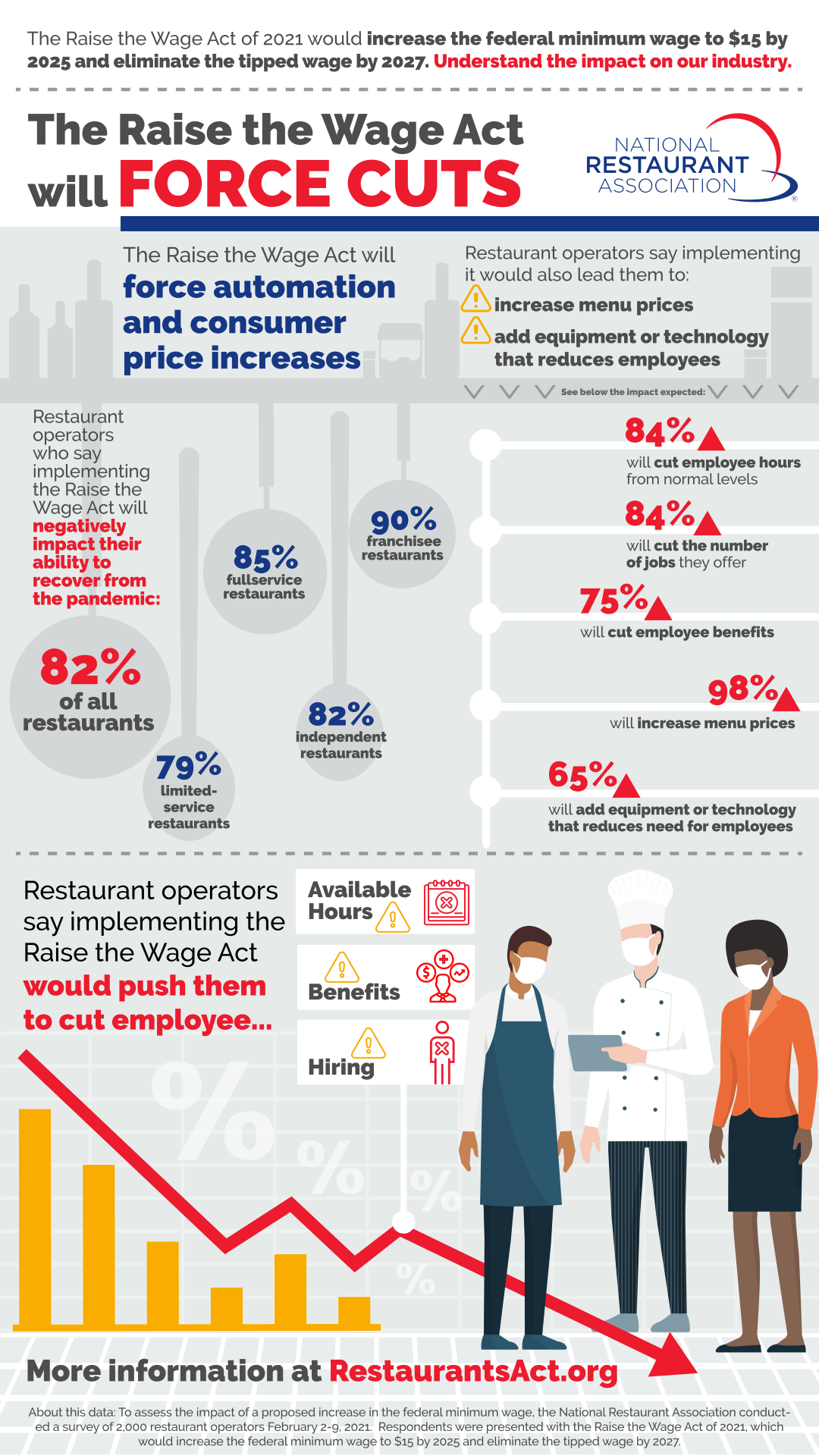California Chains Move Quickly to Kill FAST
by David Klemt

If recent reporting is accurate, fast food chains with locations in California are fighting the Fast Food Accountability and Standards Recovery Act.
Several well-known restaurant chains have reportedly already dumped well over $10 million into a ballot drive effort. Among the chains lobbying to kill the bill are In N Out, McDonald’s, Wendy’s, and Chipotle.
In other words, the group of chains aiming to defeat AB-257 in California have very deep pockets. These heavy hitters are reaching deep to contribute millions of dollars to Save Local Restaurants, the coalition responsible for starting the ballot initiative.
And who are the Save Local Restaurants coalition members? The National Restaurant Association (NRA), US Chamber of Commerce (USCC), and International Franchise Association (IFA).
What is AB-257?
The Fast Food Accountability and Standards Recovery Act, also known as the FAST Act, is a California bill. Enacted on September 5 of this year, FAST amends a section of the state’s labor code that relates to food facilities and employment.
Click here to review the bill’s text in its entirety.
To summarize, FAST does the following:
- Establishes the Fast Food Council, ten members appointed by the Governor, the Speaker of the Assembly, and the Senate Rules Committee. The council will operate until January 1, 2029.
- Defines “the characteristics of a fast food restaurant.”
- Gives the Fast Food Council the authority to set “minimum fast food restaurant employment standards, including standards on wages, working conditions, and training.”
- Provides the council the power to “issue, amend, and repeal any other rules and regulations, as necessary.”
- Allows the formation of a Local Fast Food Council by a county, or a city that has a population of more than 200,000.
It’s that third bullet point that likely stands out the most to chain operators. On January 1, 2023, California’s minimum wage increases to $15.50 an hour. If the Save Local Restaurants ballot initiative fails, the Fast Food Council could boost the minimum wage to $22 per hour right after we all yell, “Happy New Year!”
Proponents say the bill protects the health, safety, and welfare of fast-food workers. Opponents call it radical.
Fighting FAST
According to Save Local Restaurants, it’s not just chains that want to kill FAST:
“The FAST Act is opposed by small and family-owned businesses, minority-rights groups, workers, consumers, your favorite restaurants, taxpayers and community-based organizations,” reads their website.
Among their reasons for attempting to kill the bill are:
- a resulting increase in the price of food;
- the elimination of thousands of jobs in California;
- an increase in the cost of living in the state; and
- the millions of dollars the coalition claims the bill will cost California taxpayers annually.
Reportedly, full-service restaurant operators also oppose FAST. The reason is simple: If the Fast Food Council hikes fast-food worker minimum hourly wages significantly, FSRs will struggle to compete. FSR operators will have to hike menu item prices further, a situation that’s growing untenable as consumers balk at paying more at restaurants.
Then, there’s the fact that bills similar to FAST could pass in other states. So, chains are contributing millions to see that the Save Local Restaurants ballot initiative succeeds.
Should the effort be successful, FAST will be included on California’s 2024 ballot. That means it will be suspended until 2024 and be in the hands of the voters.
Image: Tima Miroshnichenko via Pexels


